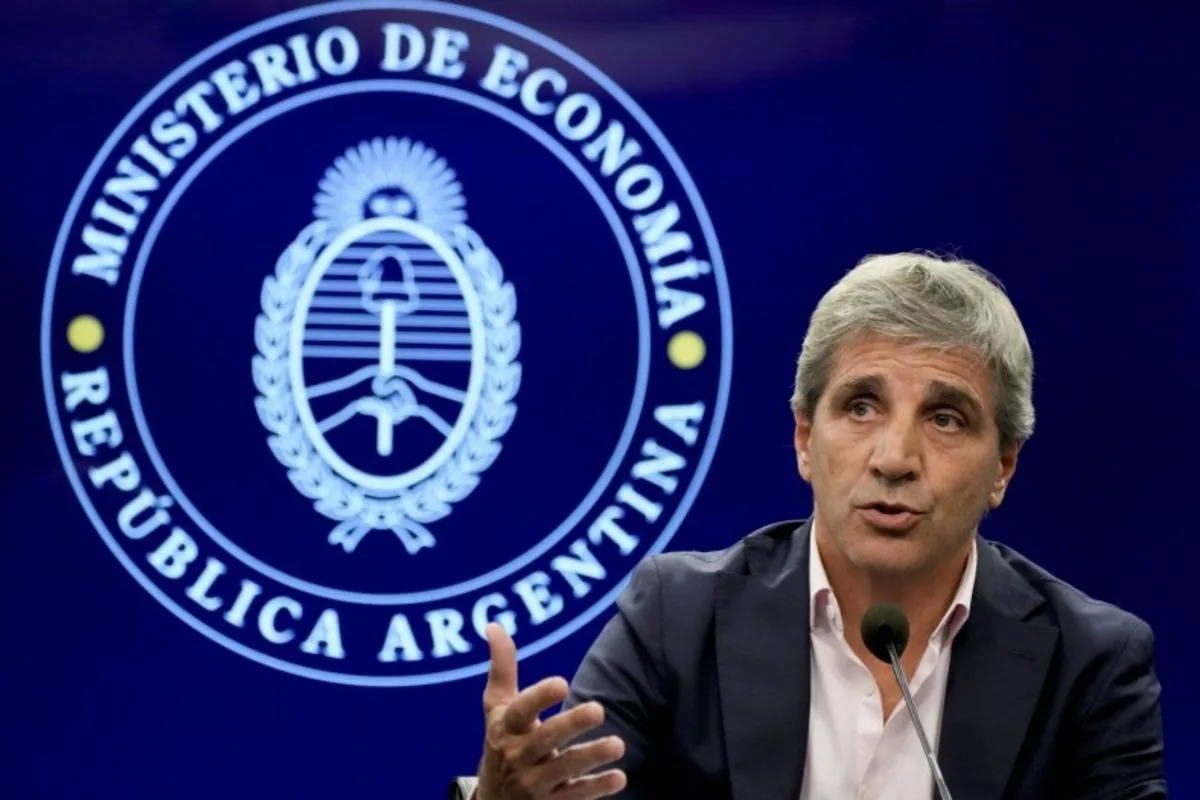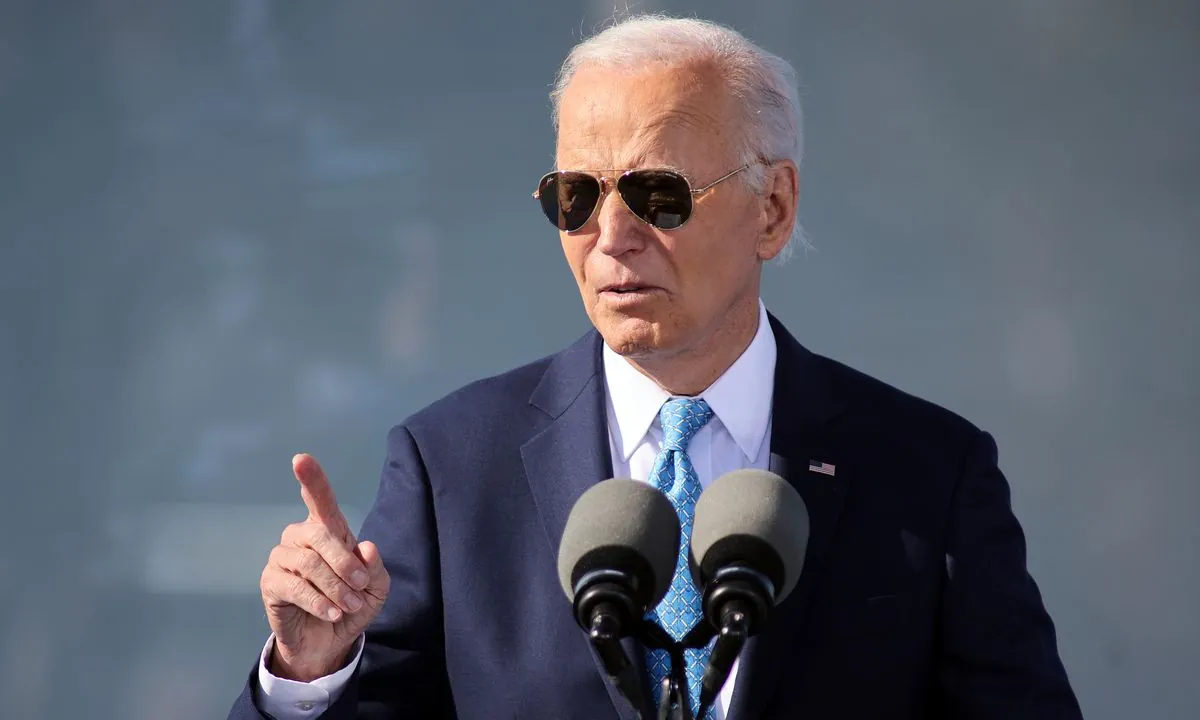Argentina Eyes Streamlined IMF Talks, Potential New Funding Deal
Argentina considers condensing IMF program reviews before seeking a new agreement. Economy Minister hints at possible additional funding and a 3-6 month negotiation timeline for fresh arrangements.

Argentina is contemplating a strategic shift in its negotiations with the International Monetary Fund (IMF), as reported by Bloomberg News on September 24, 2024. This development comes as the South American nation grapples with its ongoing economic challenges and seeks to reshape its financial relationship with the global lender.
Luis Caputo, Argentina's Economy Minister, has reportedly communicated to investors in New York about a potential streamlining of the current IMF program review process. The plan involves consolidating the final two staff-level reviews of the existing $44 billion program into a single evaluation. This move could pave the way for discussions on a new agreement, which might include additional financial support.
Argentina's history with the IMF dates back to 1956 when it first became a member. Since then, the country has engaged in 22 financial arrangements with the Fund, highlighting a long-standing, albeit sometimes tumultuous, relationship. The current program under discussion is not the largest in Argentina's history; that distinction belongs to the $57 billion arrangement approved in 2018.
The proposed timeline for negotiating a new program is estimated to be between three to six months, according to Caputo's statements to investors. This timeframe reflects the complex nature of such negotiations, especially given Argentina's economic context.

Argentina's economic landscape has been marked by recurring crises and persistent challenges. The country has experienced multiple instances of debt defaults, with the most significant occurring in 2001, which remains the largest sovereign default in history. High inflation has been a constant concern, reaching a staggering 211.4% in 2023, underscoring the urgency of economic reforms.
The nation's external debt stood at $374.3 billion in 2022, a figure that contextualizes the significance of its IMF arrangements. Despite being Latin America's third-largest economy, Argentina has faced ongoing issues with capital flight and currency devaluation, complicating its economic recovery efforts.
Argentina's rich natural resources, including substantial lithium and shale gas reserves, present potential avenues for economic growth. However, the country's history of implementing unorthodox economic policies and frequent changes in political direction have often hindered sustained progress.
The agricultural sector, particularly soybean exports, remains a crucial source of foreign exchange for Argentina. However, accessing international capital markets has been challenging due to the country's complex debt history and the need for comprehensive economic reforms.
As Argentina approaches these crucial negotiations with the IMF, the international community watches closely. The outcome of these talks could significantly impact the country's economic trajectory and its ability to address long-standing financial challenges.
"We could combine the final two staff-level reviews of the current program into one, then proceed with negotiations for a new program that would take about three to six months."
This potential new agreement with the IMF represents more than just financial assistance; it symbolizes Argentina's ongoing efforts to stabilize its economy and regain credibility in the global financial markets. The success of these negotiations could play a pivotal role in shaping Argentina's economic future and its relationship with international financial institutions.


































